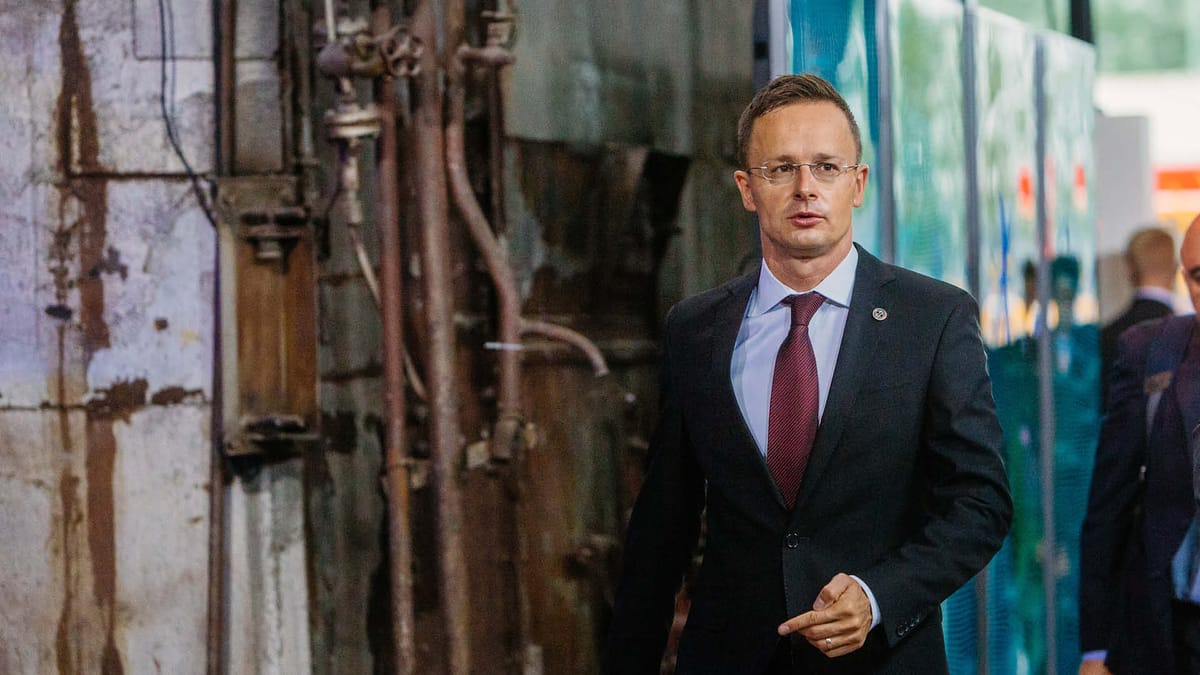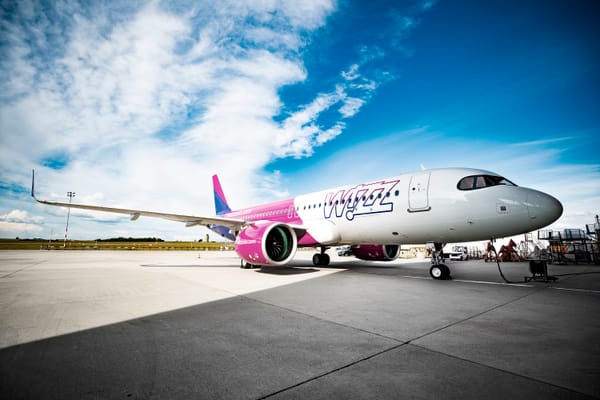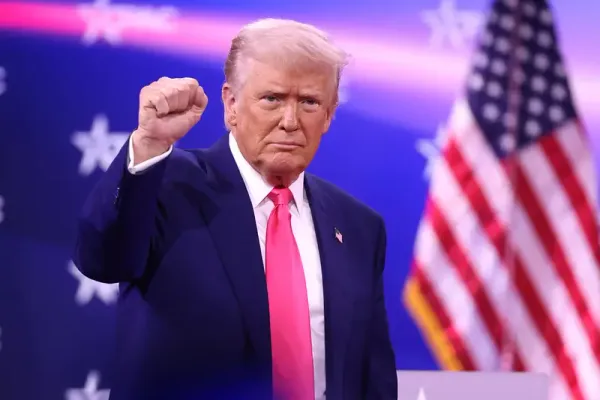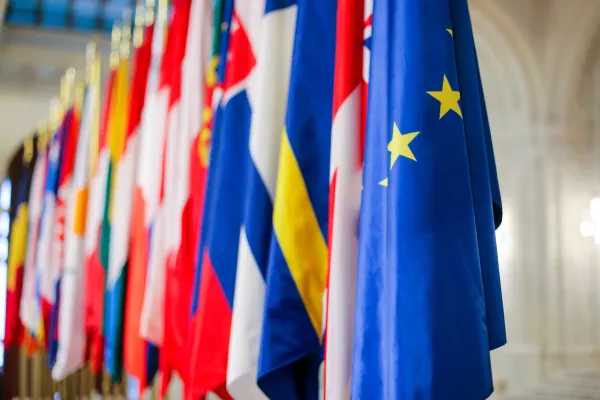
Hungary nears energy deal in wake of Lukoil sanctions - FM
Hungary is rushing to safeguard its energy security following Ukraine’s sanctions on Russian oil company Lukoil, and is in active discussions to guarantee alternative supply routes, according to the country’s top diplomat.
Szijjarto concerned over energy supplies
Despite protests from Budapest and Bratislava, the European Commission (EC) has declined to mediate between Hungary, Slovakia, and Ukraine, a decision that drew sharp criticism from Hungarian officials.
On the sidelines of a recent cabinet meeting, Hungarian Foreign Minister Peter Szijjarto emphasised that Hungary’s energy supplies are “secure despite the challenges” posed by current geopolitical conflicts.
Szijjarto criticised the EC for failing to support Hungary and Slovakia after Ukraine effectively banned Lukoil’s shipments to both countries. He also accused Ukraine of violating its association agreement with the EU, which mandates unobstructed transit of energy to member states.
The Hungarian foreign minister added that negotiations to secure Hungary’s long-term crude oil supply are ongoing, without giving further details.
“Now, despite the fact that Ukraine has violated this association agreement, and despite the fact that Ukraine’s move has caused serious challenges for Hungary and Slovakia, it is clear that we cannot count on the support of the EC,” Szijjarto said.
“For this reason, the negotiations that can ensure Hungary’s balanced supply of crude oil in the long term, despite the Ukrainian measure, and despite the fact that the EC does not help us, are going full steam,” he added.
EU’s reluctant to intervene
The EC has refused to intervene in the dispute, arguing that urgent consultations are unnecessary because the sanctions on Lukoil do not threaten European energy security. An EC spokesperson added that the sanctions do not affect oil transit through the Druzhba (Friendship) pipeline as long as Lukoil is not the official owner of the oil being transported.
However, Hungary and Slovakia have expressed concerns over the impact of these sanctions on their energy security. Hungary, which imports 70% of its oil from Russia, including about half from Lukoil, fears potential supply shortages. These concerns are heightened by Hungary’s heavy reliance on the Druzhba pipeline, which serves as a key supply route.
Hungary mulls contingency plans
In response to the sanctions, Hungary’s MOL Group has proposed taking over oil shipments directly from the Russia-Ukraine border, a move that could raise transportation costs by approximately EUR 1.5 per barrel. Hungarian officials, including Prime Minister’s Office chief Gergely Gulyas, have indicated that while this solution could be acceptable to Ukraine, it will only be finalised once all contracts are signed, which is expected by early autumn.
MOL CEO Zsolt Hernadi continues to emphasize that a fuel shortage in Hungary is unlikely, though he acknowledged the significant challenge in replacing Lukoil’s substantial oil supply. Hernadi noted that while the Adriatic pipeline through Croatia could serve as an alternative, it has never operated at full capacity and could bring reliability issues.
Broader implications for region
The situation underscores the balance Hungary must maintain in its energy policy, given its heavy dependence on Russian oil and close EU-Ukraine relations. Its ability to secure stable energy supplies without significant disruptions will be closely watched by EU peers and global energy markets alike.
“These negotiations are already approaching the finish line, so we can say that in addition to the temporary measures applied in the short and medium term, we can also guarantee Hungary’s crude oil supply in the long term, despite the actions and indifference of Kiev and Brussels,” Szijjarto said.





